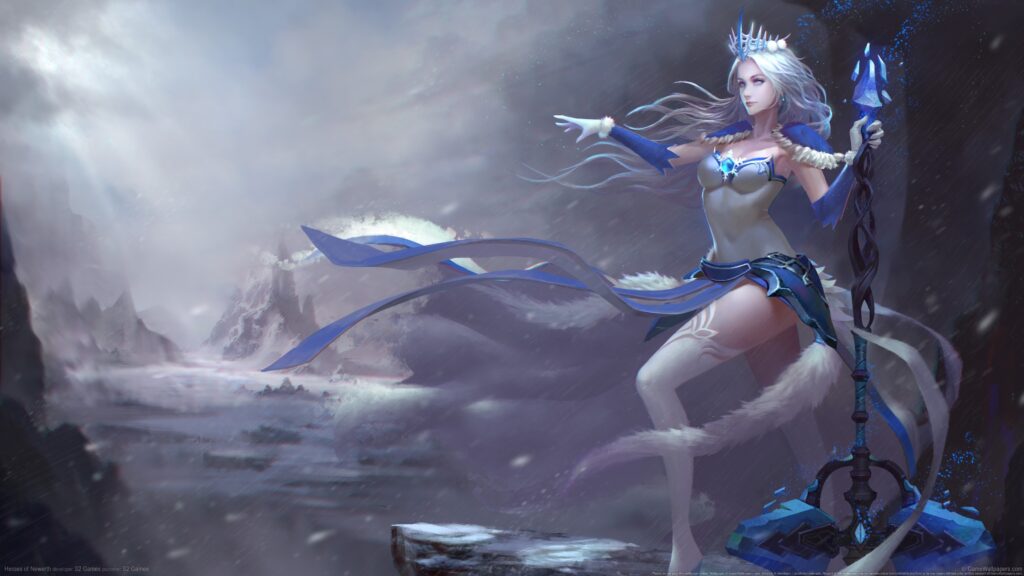
You know those awesome magical worlds we get to explore in our favorite games, filled with wizards, spells, and enchanted creatures? Well, there’s a whole army of talented people working hard behind the scenes to make these magical experiences possible. Let’s take a look at some of the key gaming jobs that bring magic games to life.
First up, the game designers. These are the creative geniuses who dream up the entire concept of the magic game. They’re the ones who decide what kind of magical universe we’ll be diving into. Will it be a world where ancient magic coexists with modern technology, or a more traditional fantasy realm with towering castles and mysterious forests? They plan out the storylines, like a young apprentice wizard who discovers a long – lost, super – powerful spell and has to save the magical world from an evil sorcerer. The designers also figure out how the game will play. How do we cast spells? Do we wave a virtual wand, say incantations, or use a combination of button presses? They test and refine these ideas to ensure the game is engaging and challenging enough. We owe them those thrilling moments when we’re in a tough magical battle, strategizing which spell to cast next to outwit our opponents.
Then there are the artists. Oh, the art in magic games is truly spectacular, and these folks are the reason for that. Concept artists kick things off. They’re like the visionaries of the project. They draw all those cool sketches of what the wizards, witches, and magical creatures will look like. They might come up with a design for a wizard with flowing robes covered in glowing runes or a menacing dragon with scales that shimmer like jewels. Their sketches are like the blueprints for the whole game. After that, 3D modelers step in. They take those 2D sketches and turn them into fully – fledged, three – dimensional models. They work on every little detail of a wizard’s staff, from the texture of the wood to the intricate carvings on it. The environment artists are equally important. They create those breathtaking magical landscapes. Think of an enchanted forest with trees that have glowing leaves, or a floating island in the sky with ancient, magical ruins. They add all the little details, like the soft glow of mushrooms on the forest floor or the sound of a gentle, magical breeze rustling the leaves.
Programmers are another essential part of the team. They’re the ones who write the code that makes the magic happen. When you’re in the game, casting a fireball spell or teleporting to a different location, it’s the programmers who make that possible. They create the systems for spell – casting. They ensure that when you perform the right input, the spell is cast correctly, hits the target, and has the appropriate effect. They also program the AI for the non – player characters, like friendly wizards who give you quests or evil goblins that try to stop you. You know how sometimes these characters seem to react smartly to your actions? That’s because of the programmers. They make sure all the different elements of the game, like the art, the sound, and the gameplay, work together seamlessly. Without them, we wouldn’t be able to experience the magic in these games.
Sound designers play a huge role too. They’re responsible for creating all the sounds that make the game immersive. The sound of a spell being cast is crucial. A lightning bolt spell might have a sharp, crackling sound, while a healing spell could have a soft, warm glow – like sound. The music is also a big part of the experience. During an intense magical battle, the music gets louder and more energetic, pumping you up for the fight. And in the quieter, more exploratory moments, it softens, adding to the mystery. The sounds of the magical creatures also add to the atmosphere. The growl of a troll or the flutter of a fairy’s wings are carefully crafted by the sound designers.
Finally, we have the quality assurance testers. These folks play the game over and over again, looking for any bugs or glitches. They might find that a certain spell doesn’t work as intended, or that the game crashes when you enter a particular magical area. Their feedback is super important, as it helps the developers fix these issues before the game is released to the public. So, the next time you’re playing a magic game without any major problems, you can thank the QA testers.
Each of these gaming jobs is vital in creating the magical games we love. Whether you’re into design, art, programming, or sound, there’s a place for you in the world of making magic games. If you’ve ever dreamed of being part of creating these enchanting experiences, looking at these jobs can give you an idea of where your skills might fit in. So, keep your passion for magic and gaming alive, and who knows, you might end up being part of the team that makes the next big, magical game that everyone will be talking about.